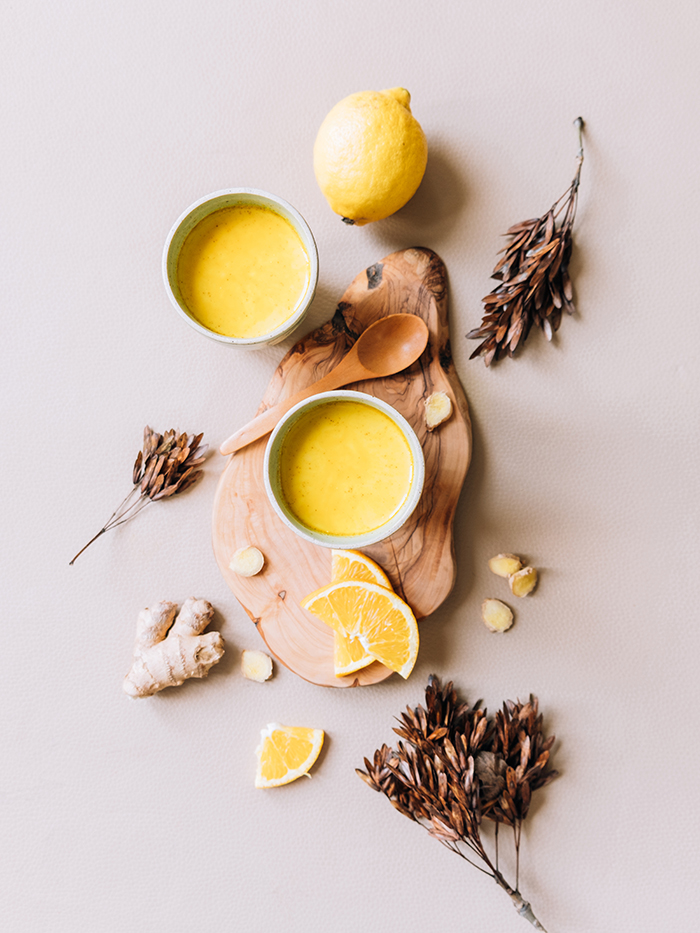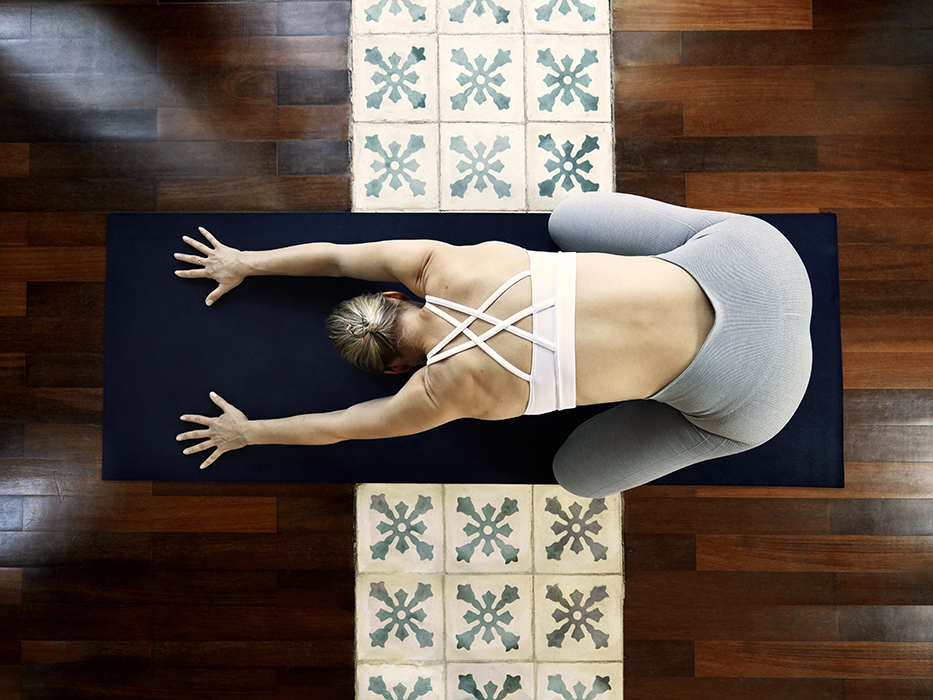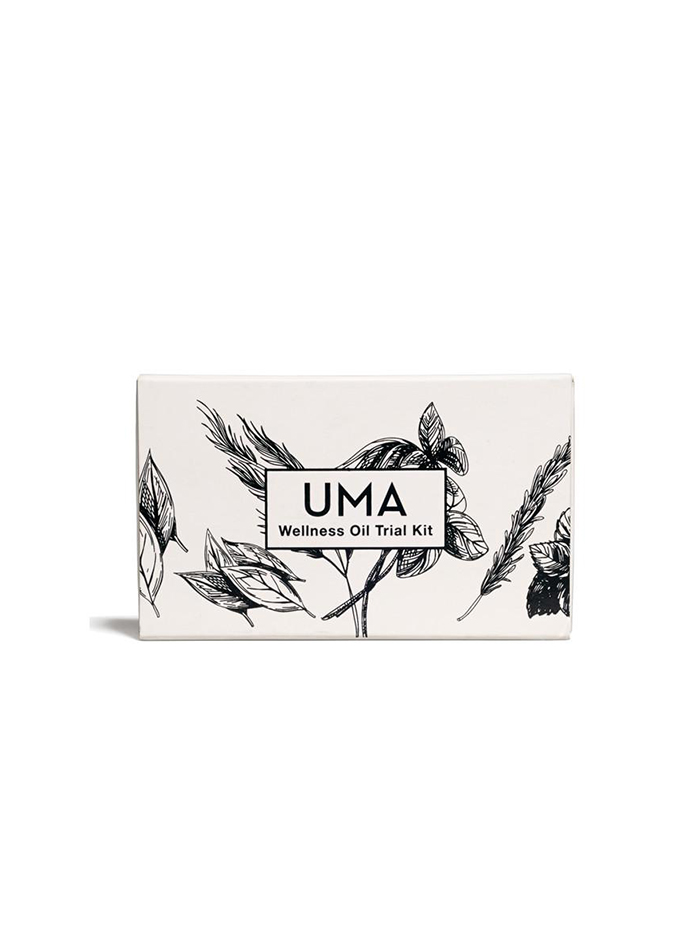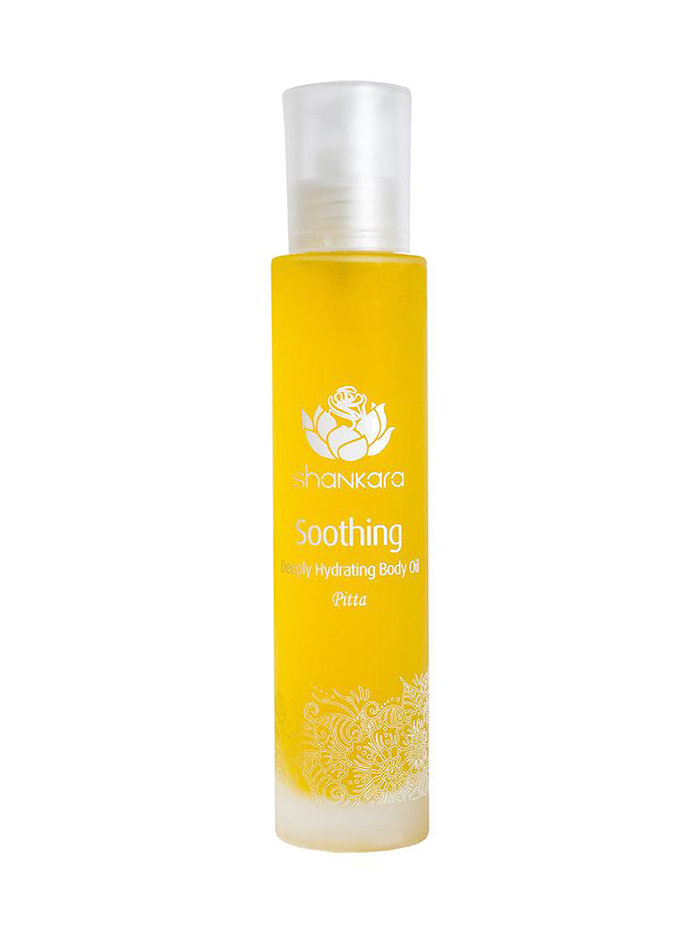5 New Year's Detox Tips to Borrow From Ayurveda


It might seem as though our annual obsession with a fresh start is a relatively modern cultural phenomenon. That might ring true for a certain class of trendy detoxification methods—here's looking at you, celery juice—but the collective urge to rebalance and reboot during the winter months runs centuries deep.
Consider Ayurveda, the ancient Indian school of medicine, which encourages a form of cleansing during this time of year that centers around hibernation. No, but really: "Picture a bear just beginning to stir from a long winter nap, and then think of ways that you can take restorative measures in that same gentle, languid fashion," says Ayurvedic expert Susan Shane. "Whether by bundling up and walking in nature, or by eating warm foods."
Animal comparisons aside, the notion of deep relaxation as a wellness strategy feels especially compelling in a bleak landscape of Dry Januaries and renewed gym memberships. Find five Ayurveda-approved detox rituals below.
1. Don't feel guilty about hibernating.
No, it's not just you—thanks to post-holiday fatigue, sub-zero temps, and a general absence of sunlight, it's no wonder most of us feel the urge to avoid going outside altogether. But Ayurveda tells us that this wintry mood is actually the perfect excuse to take some time for ourselves and reprioritize self-care.
"If you do not find yourself extremely extroverted and wonder why, you're not a party pooper," says Kim Rossi, director of business development at the Art of Living Retreat Center and Shankara Ayurveda Spa in North Carolina. "You're actually in tune with the natural rhythm of nature."
If you haven't made intentions for your year already, it's certainly not too late. But you might also just use this time to relinquish some of the pressure we often feel around the fresh start of a new year by engaging in some hardcore stress relief. (We're talking bubble baths and cozy weekend nights in bed with a book.)
2. Sleep—a lot.
"Just like a bear, sleep is key during this time," says Shane. "Try to get eight hours of quality sleep each night—add in power naps if necessary. It's the ultimate natural restorative." And in the spirit of hibernation, it's never a bad idea to prime your bedroom for optimal sleep.
3. Eat warming foods.

It's easy to feel run down during this time of year, particularly if you live in a chillier climate. "Skin, hair, and eyes can become dry, or you might even feel the cold in your bones," says Rossi. According to Ayurvedic philosophy, your first line of defense is the food you eat—and that means prioritizing nourishing meals that warm the body from the inside out.
In addition to opting for cooked foods over raw, Rossi recommends incorporating warming spices like cinnamon and ginger as well as hot beverages like tea and water with lemon. "I also like to use healthy fats such as ghee or clarified butter," she says.
Shane names green leafy vegetables, sea vegetables, legumes, roots, seeds, nuts, and heavier grains as her go-to ingredients in the winter. "These foods are great to ingest because metabolism slows in the winter," she says. "Also, any bitter flavors added to a meal help to detoxify the body."
4. Get a massage. (You know—for "your health.")
In Ayurveda, oil massages are a huge part of panchakarma—by stimulating blood and lymph flow, it's yet another natural way to warm up the body. While you'll experience the full effect of this pampering ritual by visiting a trained professional, our experts say that you can also try it at home using almond or sesame oil.
5. Move your body without overdoing it.

Modern culture tells us we should haul ass to the gym in January, but Ayurveda recommends a gentler, more meditative approach. For Shane, that means emphasizing the mind-body connection through quieter activities like yoga, but any movement that encourages introspection will do.
All in all, "This is the time to go within," says Rossi. It certainly beats slaving away on the elliptical.
Next up: Here's how to deal if you're feeling sad during this time of year.
This article is provided for informational purposes only and is not intended to be used in the place of advice of your physician or other medical professionals. You should always consult with your doctor or healthcare provider first with any health-related questions.


